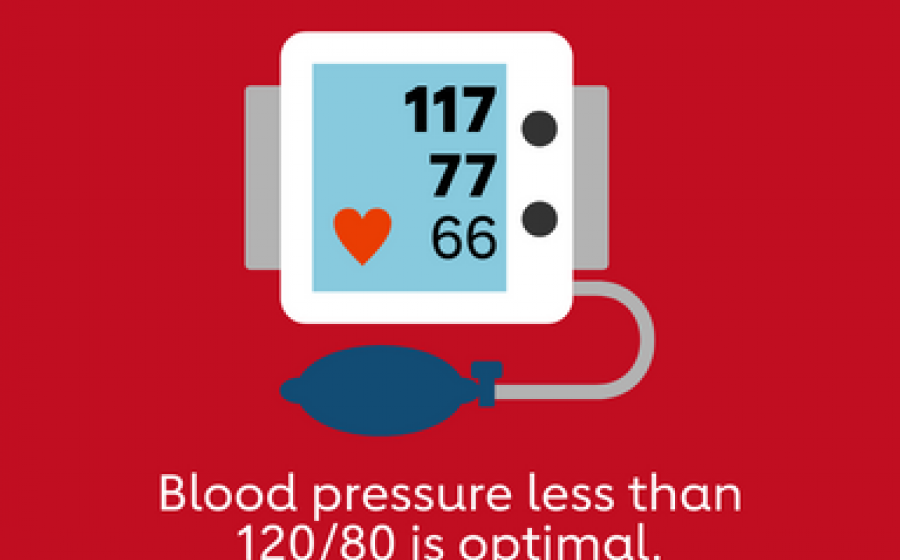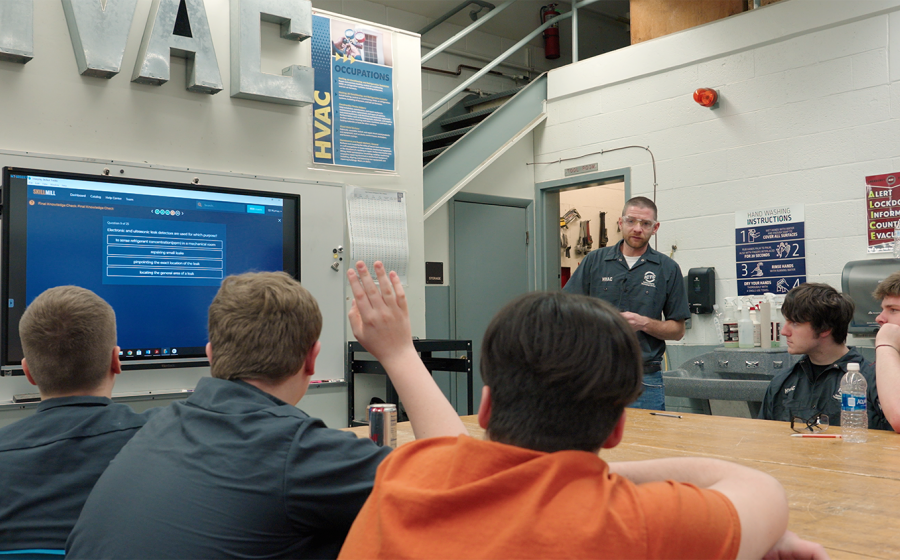Be aware of blood pressure risks with over-the-counter pain relievers
(NewsUSA) - According to the American Heart Association, the world’s leading nonprofit organization focused on heart and brain health for all, more than half of U.S. adults have high blood pressure, a leading risk factor for heart disease and stroke. However, a new poll from the Association revealed only about one-third (30%) of adults have talked with their health care professional about the effect some over-the-counter (OTC) pain relievers can have on blood pressure.
- According to the American Heart Association, the world’s leading nonprofit organization focused on heart and brain health for all, more than half of U.S. adults have high blood pressure, a leading risk factor for heart disease and stroke. However, a new poll from the Association revealed only about one-third (30%) of adults have talked with their health care professional about the effect some over-the-counter (OTC) pain relievers can have on blood pressure.
If you have high blood pressure, ask your health care professional – such as a doctor, nurse or pharmacist – about monitoring your blood pressure at home with a validated device, and discuss the impact of any over-the-counter medications. Some medicines, such as over-the-counter pain relievers and decongestants, oral birth control, amphetamines and others may raise blood pressure, according to the American Heart Association’s most recent Guideline for the Prevention, Detection, Evaluation and Management of High Blood Pressure.
The poll, conducted online for the American Heart Association by market research firm Big Village, surveyed approximately 3,000 U.S. adults aged 18 and older.
The most frequent users of over-the-counter pain relievers were adults aged 45-54 years; nearly half took medication for pain once a week or more.
Overall, 61% of those polled had not discussed the effects of some over-the-counter pain relievers on blood pressure with a health care professional.
 High blood pressure, also referred to as hypertension, is when your blood pressure, or the force of blood flowing through your blood vessels, is consistently too high. When left untreated, the damage that high blood pressure does to your circulatory system can be a significant contributor to heart attack, stroke and other health threats.
High blood pressure, also referred to as hypertension, is when your blood pressure, or the force of blood flowing through your blood vessels, is consistently too high. When left untreated, the damage that high blood pressure does to your circulatory system can be a significant contributor to heart attack, stroke and other health threats.
“It’s paramount that people who have high blood pressure, or are at risk for it, understand the effects associated with some over-the-counter pain relievers,” said Mitchell S. V. Elkind, M.D., M.S., FAHA, chief clinical science officer of the American Heart Association and a tenured professor of neurology and epidemiology at Columbia University in New York City. “A conversation with a healthcare professional about pain relief options is essential to preventing and managing high blood pressure,” he emphasized.
If you have high blood pressure, checking blood pressure at home regularly with a validated device is a proven way to manage it. High blood pressure is defined as a consistent measurement of 130 over 80 mm Hg or higher, according to the American Heart Association. Work with your health care professional to develop a plan to control it.
“Some over-the-counter pain relievers are safer than others,” added Elkind. “A conversation with a health care professional regularly about medications you or a loved one takes is an important step in finding safe options and controlling blood pressure.”
For more information on managing high blood pressure, visit heart.org/bptools.



 - How a Pennsylvania Trade School Achieved a 100% graduation and pass rate on the NOCTI state exam
- How a Pennsylvania Trade School Achieved a 100% graduation and pass rate on the NOCTI state exam
 - Imagine taking a pill to battle lung cancer—no need for chemotherapy or radiation treatments. As recently as mid-November, the FDA approved a pill to specifically treat ROS1-positive lung cancer, which is one of more than a dozen types of lung cancer with an identified biomarker.
- Imagine taking a pill to battle lung cancer—no need for chemotherapy or radiation treatments. As recently as mid-November, the FDA approved a pill to specifically treat ROS1-positive lung cancer, which is one of more than a dozen types of lung cancer with an identified biomarker. -
-  Bradford’s Walk by Denis O’Neill
Bradford’s Walk by Denis O’Neill For the Love of Maggie O’Die by Cle Curbo
For the Love of Maggie O’Die by Cle Curbo Zeke the Polka-Dotted Zebra by Angela Doyle
Zeke the Polka-Dotted Zebra by Angela Doyle I’ll Remember You by Deborah Packer
I’ll Remember You by Deborah Packer - Becoming a
- Becoming a 
 - The United States currently leads the world in its adoption of generative artificial intelligence (GenAI) and the potential for increased productivity and economic success is high. However, more work is needed to stay a step ahead of global rivals, according to experts at the
- The United States currently leads the world in its adoption of generative artificial intelligence (GenAI) and the potential for increased productivity and economic success is high. However, more work is needed to stay a step ahead of global rivals, according to experts at the 


